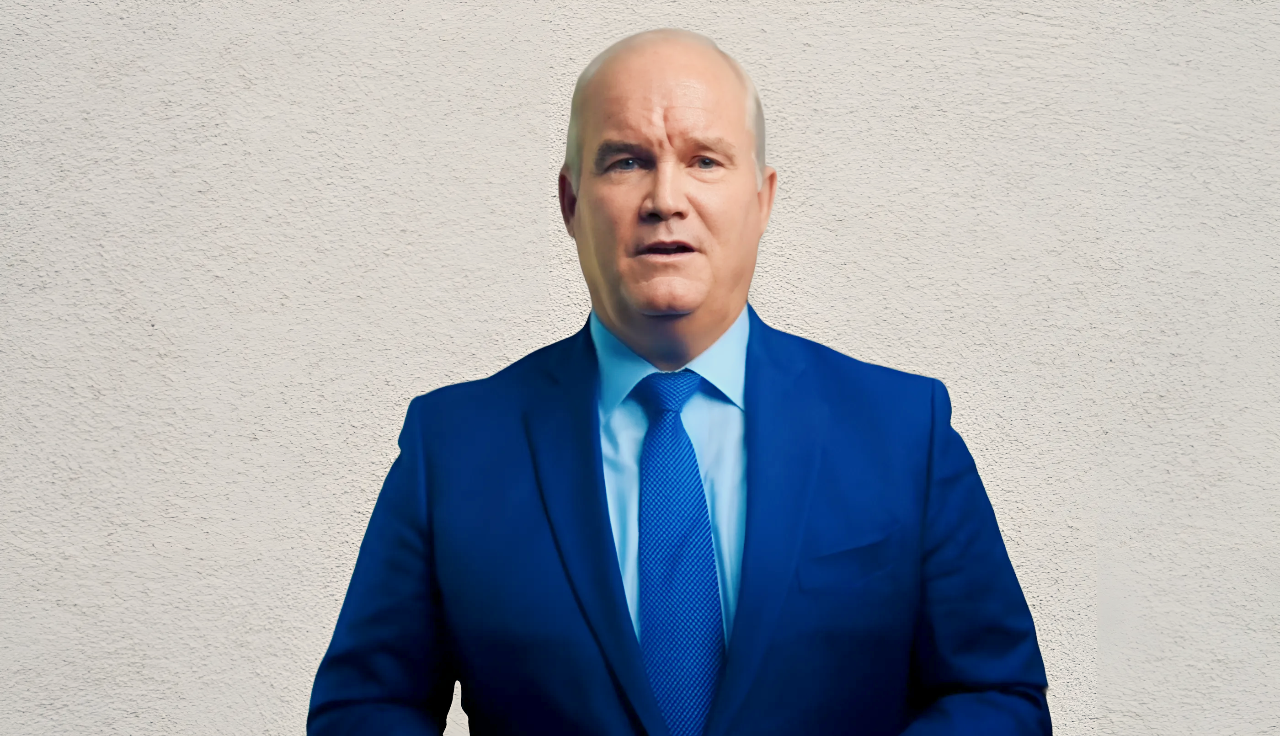Former Conservative leader Erin O’Toole addressed reporters in Ottawa following his testimony at the Public Inquiry into Foreign Interference in Federal Electoral Processes and Democratic Institutions. O’Toole’s testimony shed light on alleged Chinese interference in the 2021 federal election and the handling of allegations that China targeted Conservative candidates in multiple ridings. He unveiled that the Canadian Security Intelligence Service (CSIS) had informed him in May 2023 of China’s targeting in a misinformation and voter suppression campaign.
Led by Quebec judge Marie-Josée Hogue, the commission delves into allegations of foreign interference by China, Russia, and other states in both the 2019 and 2021 Canadian federal elections.
O’Toole expressed his concerns regarding the handling of intelligence reports during the election period. He emphasized the significance of sharing such information with political parties, noting that it could have influenced their decision-making processes. O’Toole suggested that had they been privy to these reports earlier, different decisions might have been made, potentially mitigating harm to certain candidates.
“I think that’s why we need this inquiry to better prepare for elections in the future,” O’Toole asserted. He highlighted the importance of safeguarding democracy and ensuring readiness for future electoral processes, particularly in an era where foreign-based social media platforms play a significant role in shaping public opinion.
Regarding his own leadership position within the Conservative Party, O’Toole addressed speculation about whether Chinese interference influenced his removal. He maintained that the decision for a leadership change stemmed from various factors and respected his caucus’s choice. However, he underscored the broader concern of foreign interference in Canadian democracy, emphasizing that any such meddling, regardless of its impact on outcomes, constitutes a violation of democratic principles.
“It shouldn’t matter how many ridings were affected; it’s the fact that if some people were intimidated because of the actions of a foreign actor, that’s a violation of our democracy,” O’Toole stated.
O’Toole stressed the need for a comprehensive understanding of diaspora politics, arguing that it should not be overlooked in Canadian political discourse. He emphasized the importance of foreign policy aligned with Canadian values and interests, free from external interference.
“Foreign interference measures are trying to interfere with that, trying to get us to change our values or are pushing other interests,” O’Toole remarked, highlighting the necessity for Canadians to trust platforms for accurate information and ensure the integrity of the voting process.
When questioned about government measures to safeguard democratic rights while respecting free speech, O’Toole highlighted the distinction between Western democratic platforms and platforms like WeChat, which could be directly controlled by foreign governments. He called for strategies to counter such influences without infringing on free speech principles.
In conclusion, O’Toole emphasized the importance of safeguarding democracy against foreign interference, advocating for a nonpartisan approach to address these issues. He called on Canadians to recognize the significance of their democratic rights and the need for proactive measures to protect them.

